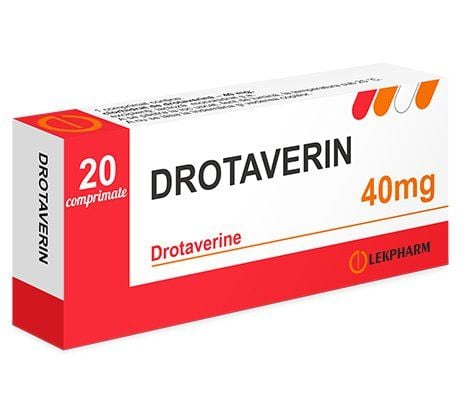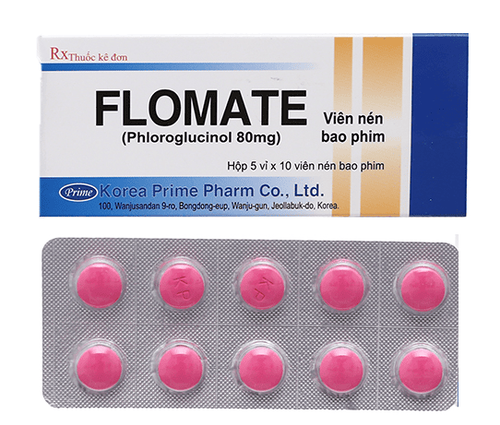This is an automatically translated article.
Pharcotinex drug combines natural active ingredients to help improve pain and urinary stones. The drug is indicated to support the treatment of kidney and urinary abnormalities, pain caused by inflammation and urinary spasm associated with urolithiasis, to help dissolve and expel urinary stones.1. Uses of Pharcotinex
Pharcotinex drug has the main ingredients are pinene (α + β), camphene, fenchone, borneol, anethole, cineol. The uses of the ingredients are as follows:Terpin in Pharcotinex has a congestive and diuretic effect. Cineol dilates blood vessels, increasing blood flow to the kidneys, increasing urinary excretion. Anethole has a diuretic effect. Some of the terpine bonds in the drug are eliminated from the body in the urine as glucuronide conjugates, which are colloidal stabilizers that increase calcium salt solubility and help break up urinary stones. Camphene and anethole, borneol in the drug ingredients have antispasmodic effects on smooth muscle. Camphene also has a pain-relieving effect. Anethole and fenchone have been reported to have bacteriostatic effects. In general, Pharcotinex helps to increase blood flow to the kidneys leading to increased urinary excretion and removal of stones from the urinary tract. The drug also acts as an antispasmodic to relieve renal and bladder colic.
2. What are the indications of Pharcotinex?
Pharcotinex is indicated for use in cases including:Renal and urinary system disorders. Helps relieve pain caused by inflammation and urinary spasm associated with urolithiasis. Supports urinary stone excretion.
3. How to take Pharcotinex
Pharcotinex drug is taken orally in the following specific doses.Adults: The usual recommended dose is 1-2 tablets/time x 3 times/day before meals. In case of kidney stone pain, use 2-3 tablets / time, 4-5 times / day. Children 6-14 years old: The recommended dose is 1 capsule x 2 times/day before meals. Please note the above dosage is for reference only. The specific dose may vary depending on the condition and severity of the disease. To get the right dose, the patient should consult a doctor or healthcare professional.
4. Undesirable effects of Pharcotinex
There are currently no known side effects of Pharcotinex. If you experience unusual reactions while taking the drug, inform your doctor.5. Note when using Pharcotinex
Patients should drink plenty of fluids during treatment with Pharcotinex The drug should be used with caution in patients receiving anticoagulants or drugs that are dependent on metabolism and excretion. Ability to drive and use machines: No effects on the ability to drive and use machines have been reported. Pregnancy: Although not teratogenic, the manufacturer recommends that Pharcotinex should not be used by pregnant women during the first 3 months of pregnancy. Lactation: There are not many data on the use of Pharcotinex in breast-feeding women. In summary, Pharcotinex is composed of natural compounds, which help to support the treatment of kidney and urinary diseases, especially inflammatory pain caused by urolithiasis. Patients should consult a healthcare professional before using the drug.Please dial HOTLINE for more information or register for an appointment HERE. Download MyVinmec app to make appointments faster and to manage your bookings easily.













